Disclosure: This article contains affiliate links. We may earn a commission from purchases at no extra cost to you, which helps our travel content.
The morning fog hangs like a veil over the verdant slopes of Volcanoes National Park, just 48 hours after I was presenting climate resilience strategies in a sleek Kigali conference room. This juxtaposition exemplifies what makes Rwanda such a remarkable destination for the business traveler with an adventurous spirit. As an environmental scientist regularly traveling to Africa for research and conferences, I've perfected the art of extending work trips into meaningful explorations of our planet's most biodiverse regions. Rwanda offers perhaps the most seamless transition from professional obligations to profound wilderness experiences. The country's commitment to conservation, paired with its rapidly developing business infrastructure, creates an ideal environment for those of us who refuse to experience a destination solely from behind a podium or through a hotel window. This guide details how to maximize a week split between Rwanda's capital and its misty mountains—where critically endangered mountain gorillas still roam free.
Navigating Kigali: Business with Purpose
Kigali defies many Western preconceptions about African capitals. The city unfolds across verdant hills with wide, clean streets and a remarkably organized urban plan that has earned it recognition as one of Africa's cleanest cities. This isn't coincidental—Rwanda's post-genocide reconstruction has prioritized environmental sustainability alongside economic development.
For business travelers, the Kigali Convention Centre stands as the crown jewel of the city's meetings infrastructure. Its distinctive dome, illuminated in changing colors at night, mimics traditional Rwandan crafts while housing world-class conference facilities. The surrounding Kigali Heights business district offers everything from upscale dining to local coffee shops perfect for informal meetings.
During my recent climate resilience conference, I stayed at The Retreat by Heaven, an eco-luxury boutique hotel that aligns perfectly with both business needs and environmental values. The property's solar-powered infrastructure, farm-to-table restaurant, and saltwater swimming pool made it an ideal base for transitioning between work and relaxation.
When meetings conclude, don't miss the Kigali Genocide Memorial—a sobering but essential visit that provides crucial context for understanding Rwanda's remarkable recovery and development trajectory. The memorial's gardens offer a quiet space for reflection, something I've found invaluable after intense days of scientific discussions and networking.
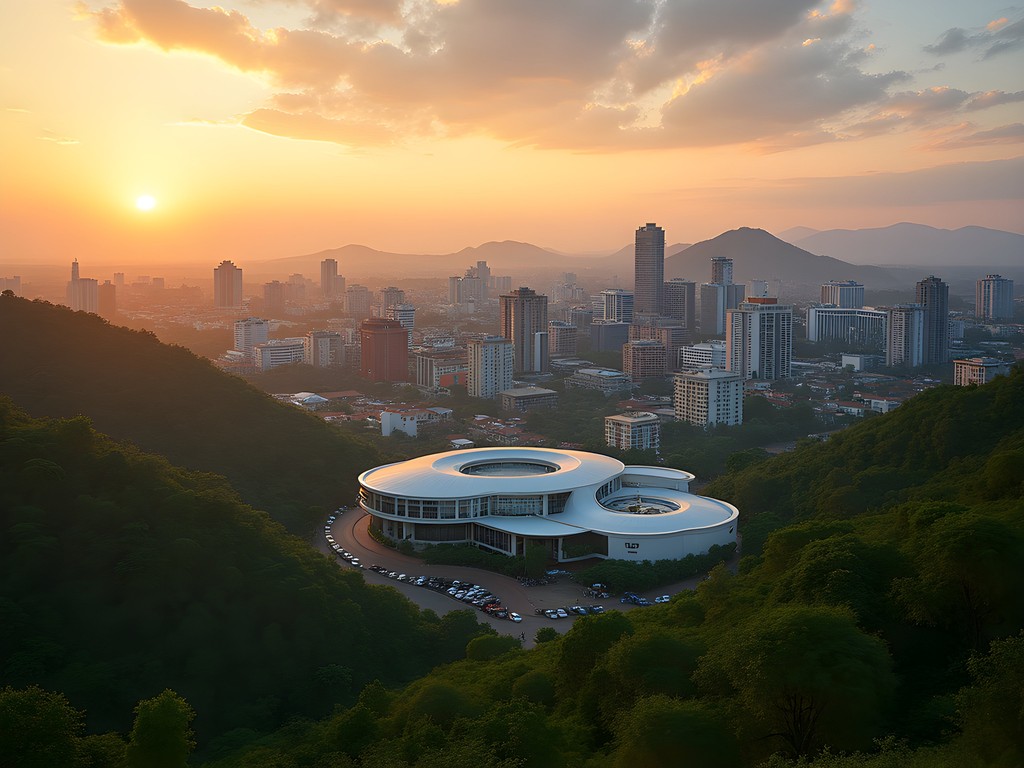
💡 Pro Tips
- Book accommodations in Kiyovu or Kimihurura neighborhoods for easy access to business districts and restaurants
- The Kigali Convention Centre area offers excellent high-speed internet and co-working spaces
- Schedule meetings in the morning when possible, as afternoon thunderstorms are common during rainy seasons
The Business-Adventure Transition: Preparing for Volcanoes National Park
The beauty of Rwanda lies in its compact geography—you can transition from corporate boardroom to mountain wilderness in just a few hours. Before making this shift, proper preparation is essential.
First, secure your gorilla trekking permit well in advance. These cost $1,500 per person and are strictly limited to protect the gorillas. I recommend booking through the official Rwanda Development Board website at least 6-8 months ahead, especially if traveling during high season (June-September).
Packing for this dual-purpose trip requires thoughtful planning. I maintain a separate section in my travel backpack for wilderness gear that stays untouched during my business commitments. For gorilla trekking, you'll need sturdy hiking boots, moisture-wicking layers, and rain protection regardless of season. My waterproof jacket has proven indispensable in the unpredictable mountain weather.
The drive from Kigali to Volcanoes National Park takes approximately 2-2.5 hours on well-maintained roads. I typically arrange a private driver through my accommodation, allowing me to use the transition time for calls or to review research notes while enjoying the spectacular scenery as Rwanda's countryside unfolds. The gradual elevation change also helps with acclimatization before trekking at higher altitudes.
Pro tip: Schedule your departure from Kigali after lunch to avoid morning traffic and arrive at your mountain lodge in time for sunset views of the volcanoes—the perfect mental reset after days of meetings.
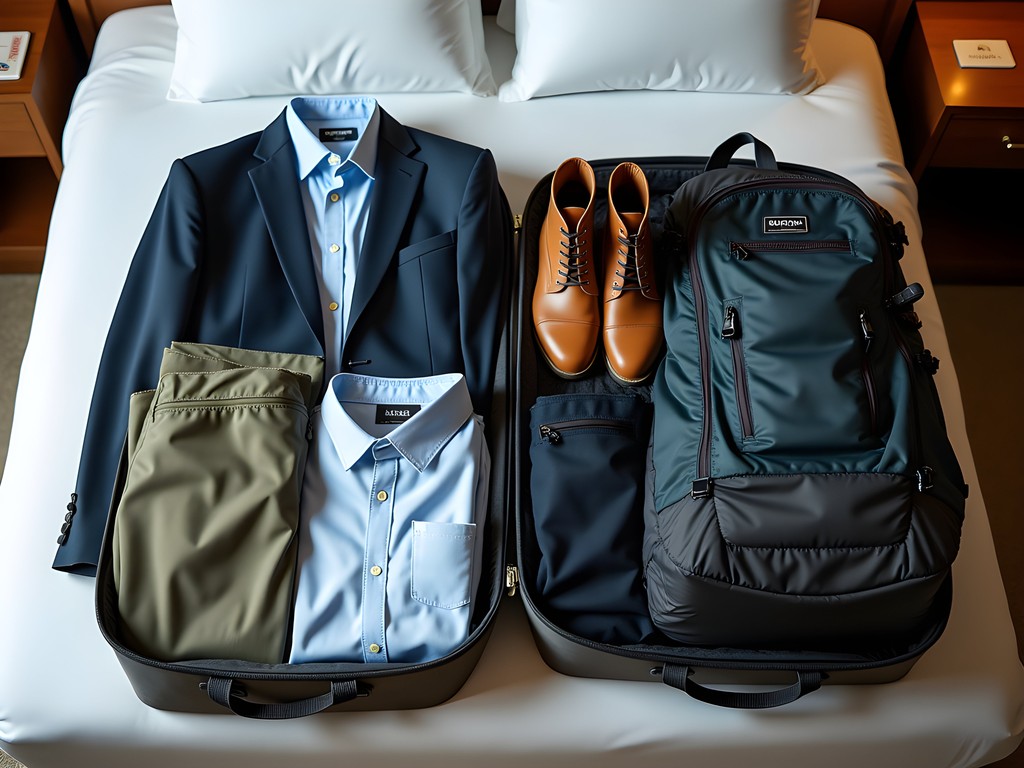
💡 Pro Tips
- Book gorilla permits 6-8 months in advance through the Rwanda Development Board
- Pack separately for business and adventure portions to avoid damaging formal attire
- Consider spending your last night back in Kigali to simplify departure logistics
Gorilla Trekking: Science and Conservation in Action
The morning of a gorilla trek begins early, typically with a 6:00 AM breakfast before heading to the park headquarters for a 7:00 AM briefing. As a scientist, I found the park's protocols fascinating—a perfect blend of conservation science, tourism management, and community engagement.
Trekkers are organized into groups of eight and assigned to specific gorilla families based partly on their fitness levels, as some families reside higher on the volcanic slopes. Each group is led by experienced trackers and guides who maintain radio contact with advance teams already locating the gorillas' overnight nesting sites.
The trek itself varies dramatically in duration and difficulty. My recent visit to the Hirwa family involved a relatively moderate two-hour hike through bamboo forest and nettle undergrowth. Previous treks have taken up to six hours of challenging terrain navigation. This unpredictability is part of the experience—these are wild animals following natural patterns, not attractions on a schedule.
The strictly enforced one-hour limit with the gorillas represents conservation science in action. This duration minimizes stress on the animals while reducing the risk of disease transmission between humans and our evolutionary cousins, who share approximately 98% of our DNA. I strongly recommend bringing a quality camera with a zoom lens that allows you to capture intimate moments without physically encroaching on the animals' space.
What struck me most profoundly was observing familiar social dynamics that mirror human interactions—juvenile gorillas playing under watchful maternal eyes, adolescents testing boundaries, and the silverback maintaining vigilant oversight of his family while tolerating our presence with remarkable stoicism. These moments provide powerful experiential evidence of our evolutionary connections and reinforce the critical importance of conservation efforts.
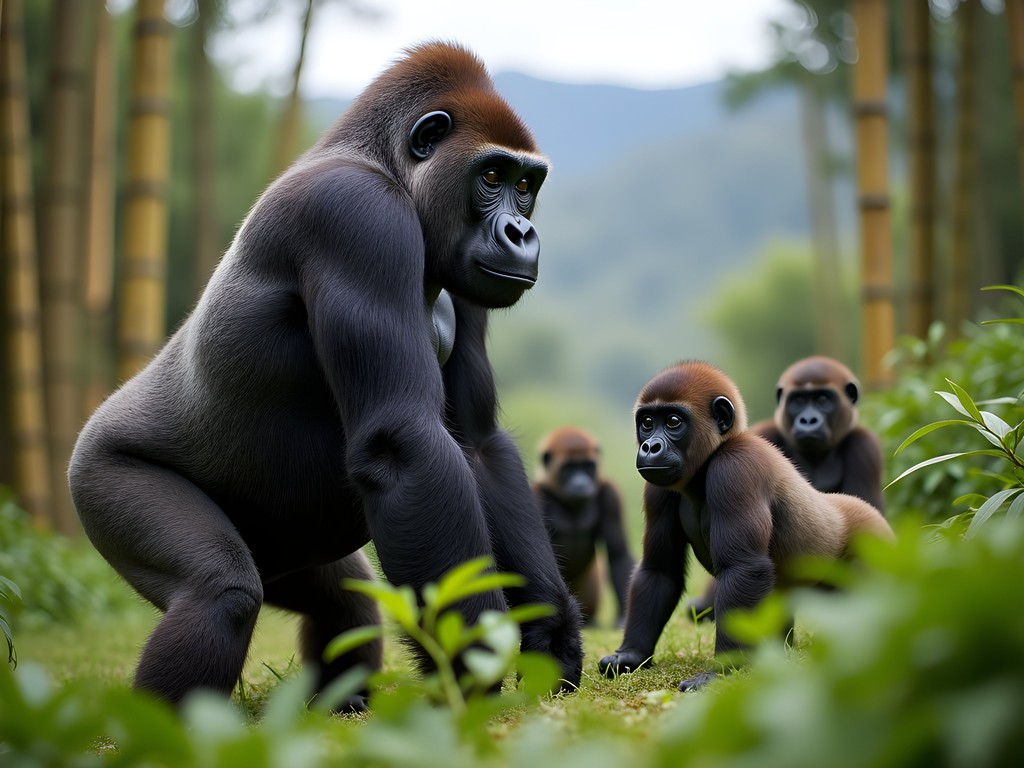
💡 Pro Tips
- Hire a porter ($10-15) to carry your gear and support local employment
- Practice using your camera equipment before the trek—you won't want to waste precious time with settings
- Bring twice as much water as you think you'll need, especially during dry season treks
Beyond Gorillas: Volcanoes National Park's Scientific Significance
While mountain gorillas justifiably capture most visitors' attention, Volcanoes National Park offers numerous additional activities that highlight its ecological importance. As an environmental scientist, I made time to explore these dimensions that many business travelers overlook.
The park's volcanic ecosystem represents a fascinating case study in ecological succession and adaptation. A guided hike to Dian Fossey's tomb and former research station provides both historical context for gorilla conservation and opportunities to observe the park's remarkable biodiversity. During this six-hour round-trip hike, my guide identified numerous endemic plant species and explained their ethnobotanical uses by local communities.
For those interested in Rwanda's geological heritage, the trek to Bisoke crater lake offers moderate hiking with spectacular views of the water-filled volcanic caldera. I documented visible changes in vegetation zones as we ascended, creating a natural transect study of plant communities adapting to changing elevation and associated microclimates.
The golden monkey tracking experience deserves special mention. These endangered primates receive less attention than gorillas but offer equally fascinating behavioral observation opportunities. Their complex social structures and dietary adaptations to bamboo forest ecosystems make them valuable subjects for conservation research.
During fieldwork, I rely on my field notebook to document observations regardless of weather conditions. The park's frequent rain and mist make waterproof equipment essential for anyone interested in nature photography or field notes.
For accommodations, I recommend splurging on one of the conservation-focused luxury lodges near the park. Bisate Lodge and Singita Kwitonda not only offer exceptional comfort after strenuous trekking but also implement impressive sustainability initiatives including habitat restoration, community development, and research support.
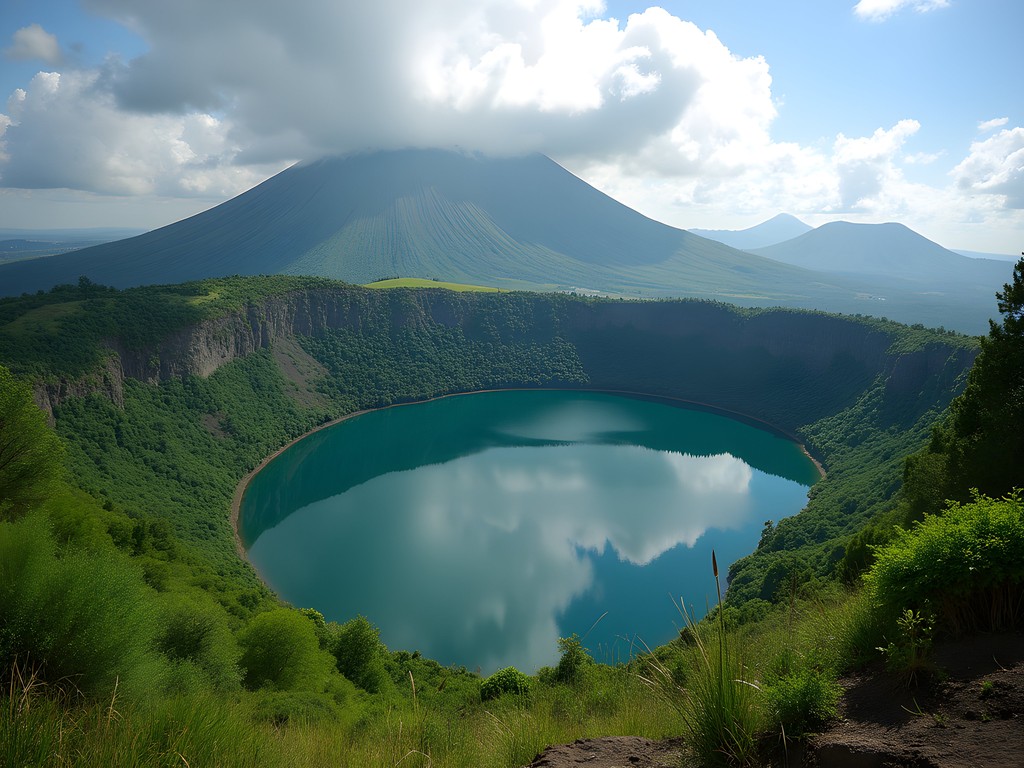
💡 Pro Tips
- Schedule at least one rest day between different trekking activities to fully appreciate each experience
- Bring binoculars for spotting birds and other wildlife during hikes
- Consider adding a community visit to understand conservation from local perspectives
Returning to Kigali: Integrating the Experience
The transition back to Kigali after days in the mountains creates a valuable opportunity to integrate your wilderness experiences with Rwanda's broader development context. I recommend scheduling at least one day in the capital before departure to process your experiences and connect with local perspectives.
Visit the Rwanda Environment Management Authority if your professional interests align with environmental policy. Through my academic connections, I arranged a meeting with staff there to discuss climate adaptation strategies—an enlightening conversation that connected my gorilla trekking observations with national sustainability initiatives.
For those interested in Rwanda's remarkable development trajectory, the Kigali Genocide Memorial's sections on reconstruction and reconciliation provide essential context. Understanding how the country transformed from tragedy to becoming a conservation leader offers valuable insights for anyone working in sustainable development.
The rapidly evolving art scene in Kigali offers another lens for processing experiences. Inema Arts Center showcases contemporary Rwandan artists whose works often engage with themes of nature, conservation, and national identity. I found the environmental themes particularly resonant after days observing gorillas in their natural habitat.
Before departing, I always make time for a final dinner at Heaven Restaurant, where the rooftop views of Kigali's hills create space for reflection. Their farm-to-table approach showcases Rwanda's agricultural potential while supporting sustainable farming practices.
Don't leave without visiting one of Kigali's excellent coffee shops. Question Coffee not only serves exceptional Rwandan single-origin coffees but also supports women coffee producers through training programs. I stock up on beans to bring home, extending my connection to Rwanda's landscapes long after departure.

💡 Pro Tips
- Schedule meetings with local professionals in your field to gain Rwanda-specific insights
- Visit Kimironko Market to purchase sustainably made crafts directly from artisans
- Allow extra time at Kigali International Airport, which can become congested during peak business travel hours
Final Thoughts
Rwanda's remarkable transformation into a conservation leader and business hub creates unparalleled opportunities for meaningful travel that transcends typical work-leisure boundaries. As an environmental scientist, I've found few destinations that offer such profound connections between professional development and wilderness immersion. The country's commitment to sustainability—from plastic bag bans to community-based conservation initiatives—provides valuable models for other developing nations. Whether you're analyzing climate data in a Kigali conference room or observing gorilla family dynamics in misty forests, Rwanda offers experiences that challenge Western perceptions and inspire innovative thinking. I encourage fellow professionals to extend their business trips into the mountains, where the lessons of resilience, adaptation, and interconnection become viscerally apparent. The insights gained might just transform not only your understanding of conservation but also your approach to your own professional challenges.
✨ Key Takeaways
- Book gorilla permits 6-8 months in advance to ensure availability
- Allow at least 3 days for the Volcanoes National Park portion of your trip
- Support conservation by choosing accommodations with demonstrated sustainability commitments
- Make time for cultural experiences that connect wilderness conservation to Rwanda's broader development context
📋 Practical Information
Best Time to Visit
Year-round, with June-September and December-February offering drier conditions
Budget Estimate
$5,000-8,000 for a week including gorilla permits, luxury accommodations, and private transportation
Recommended Duration
7 days (3 days Kigali, 4 days Volcanoes National Park)
Difficulty Level
Intermediate - Gorilla Trekking Requires Moderate Fitness And Comfort With Unpredictable Conditions

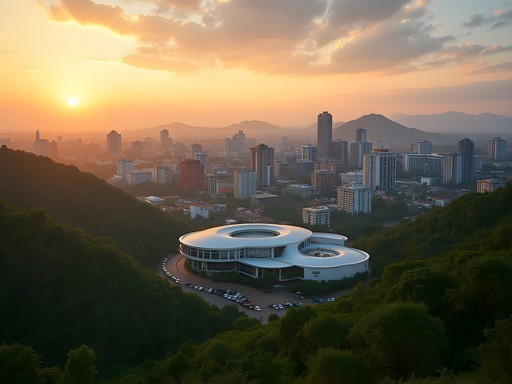
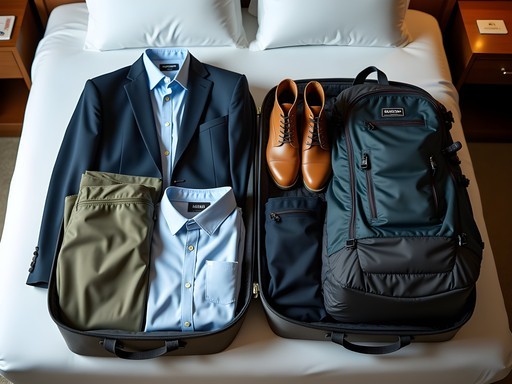
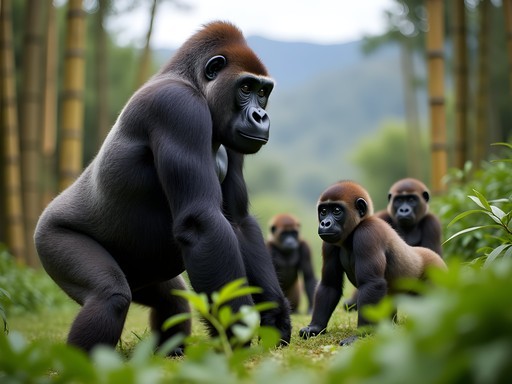
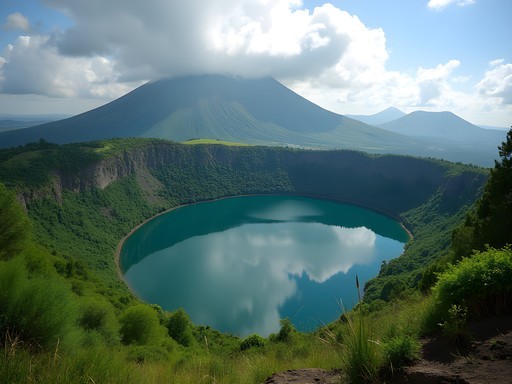



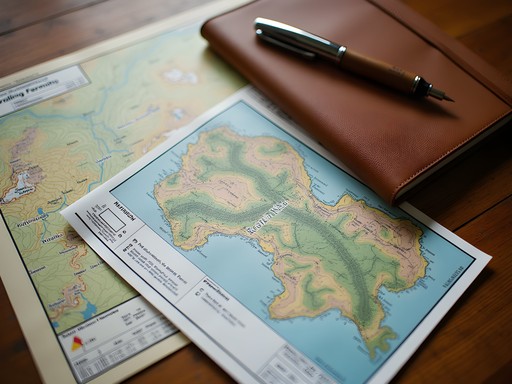
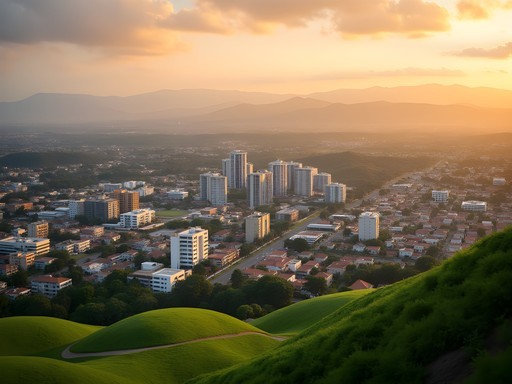
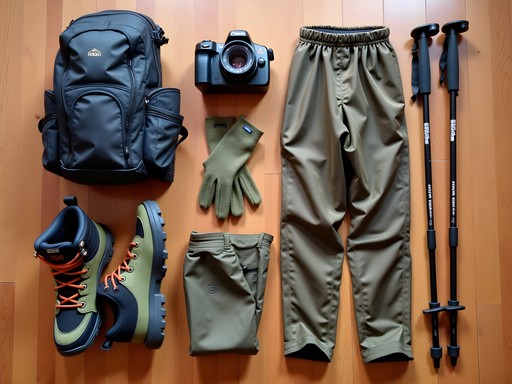
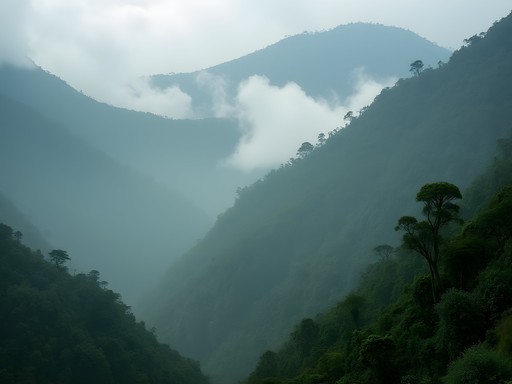
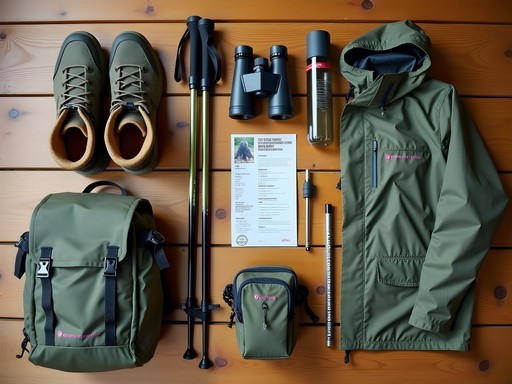
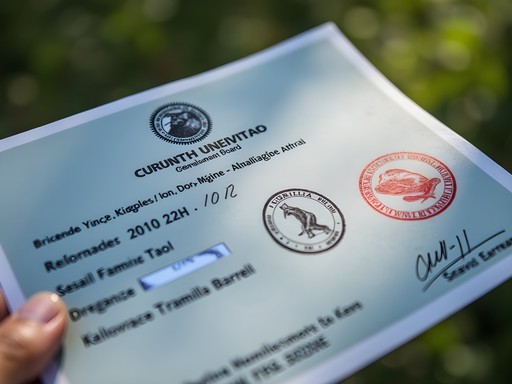
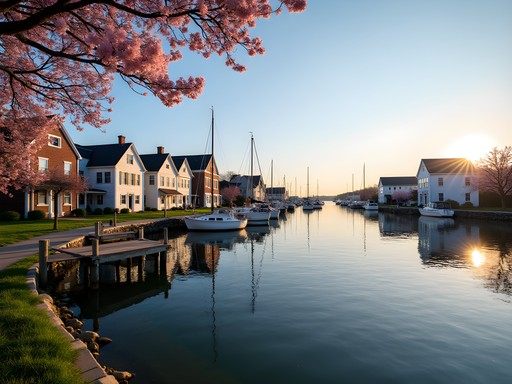
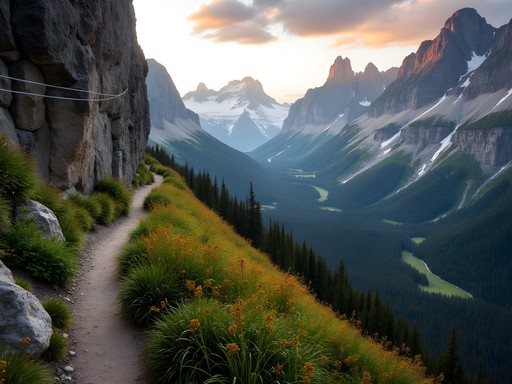
Comments
blueclimber
This looks amazing! Quick question - how much time do you actually need between finishing work stuff in Kigali and starting the gorilla trek? Is 48 hours enough to adjust or should I plan more?
Alex Ellis
48 hours worked perfectly for me! The drive is only about 2.5 hours, so you could even do it in less time. I'd recommend at least one night in Musanze before your trek though - helps with the early morning start.
blueclimber
Perfect, thanks!
waveperson
is kigali easy to navigate? never been to africa before
Hunter Thompson
Super easy! Kigali is one of the cleanest, safest cities I've been to anywhere. Motos (motorcycle taxis) are everywhere and cheap. Just download the Yego app.
waveperson
awesome thanks!
greengal
love that you highlighted the conservation angle. too many travel blogs just treat gorilla trekking like a bucket list check box. the research and community programs around volcanoes np are incredible and more people should know about them. rwanda really is doing it right with tourism funding conservation
dreamvibes
did you do any other treks besides gorillas? wondering if golden monkeys are worth it or if i should just focus on the main event
Hunter Thompson
Golden monkeys are brilliant if you have time! Much cheaper permit and they're hilarious to watch. But if you only have one day, gorillas 100%.
Hunter Thompson
Brilliant post Alex! I did this exact combo last year and it's such a unique way to experience Rwanda. The contrast between Kigali's modern business district and the misty mountains is mind-blowing. One tip - I stayed an extra day in Musanze before trekking to acclimatize a bit. The altitude isn't extreme but after being in meetings all week, my body appreciated the buffer day. Also the local coffee shops there are fantastic for planning your trek. The conservation work happening in Volcanoes NP is genuinely world-class.
greengal
good call on the buffer day! didn't think about that
smartace
how much did the gorilla permit cost? planning a trip and trying to budget
Hunter Thompson
They're $1500 USD per person! Steep but honestly worth every penny. Book well in advance though, they sell out fast especially in dry season.
smartace
wow ok thanks! good to know
Taylor Moreau
Alex, this article perfectly captures the remarkable duality of Rwanda. I've made this same business-to-adventure transition three times now for climate finance conferences in Kigali. One tip for business travelers: many hotels in Kigali will store your formal attire and laptop while you trek, which is invaluable. I also found hiring a private driver for the Kigali-Volcanoes transfer more efficient than arranging through a tour company - allows for flexibility when meetings run late. The conservation story at Volcanoes is truly a model for sustainable tourism. Did you get a chance to visit the Dian Fossey center during your stay?
Alex Ellis
Great tip about the hotel storage, Taylor! I did the same with Marriott Kigali. And yes, I visited the Fossey center - absolutely fascinating history there. Did you trek in the rainy or dry season?
Taylor Moreau
I've done both seasons now. The dry season (June-Sept) is easier trekking, but I actually preferred the rainy season (March) - fewer tourists and the forest was incredibly lush. Just needed good boots and my waterproof shell which was worth its weight in gold during those sudden downpours!
happylegend8255
This is exactly what I need! Heading to Kigali for work next month and was hoping to squeeze in some adventure. Did you find it easy to arrange the gorilla permits last minute?
Alex Ellis
Thanks for reading! I'd definitely recommend booking gorilla permits well in advance - they sell out quickly. I arranged mine 3 months ahead through the Rwanda Development Board website.
happylegend8255
Good to know! Will book ASAP then. How many days would you recommend for the whole park experience?
Alex Ellis
At minimum, I'd say 2 nights/3 days. One day for gorilla trekking, another for either golden monkey tracking or hiking one of the volcanoes. The transition from Kigali takes about 2.5 hours each way.
smartninja
Rwanda is on my bucket list! Great tips on combining business with adventure.
adventurepro
LOVE THIS POST SO MUCH! The contrast between Kigali's business scene and the wild mountain gorillas is exactly what makes Rwanda so special! We did this trip in 2024 and it blew our minds. The conservation model they've built is incredible - expensive permits but the money actually goes back to communities. Your photos of the silverback are AMAZING! How close did they get to you?
Venture X
Premium card with 2X miles, $300 travel credit, Priority Pass